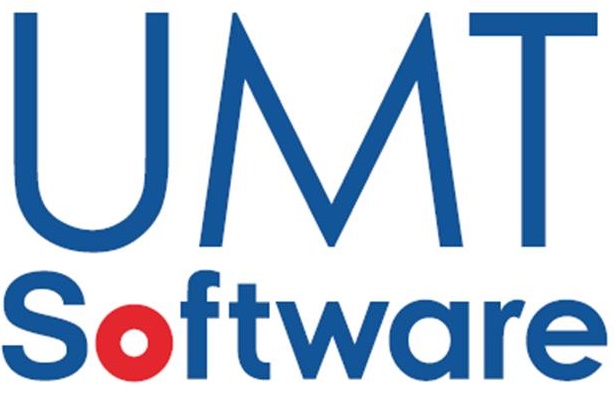One year ago Codecamp Romania added Cluj-Napoca on the map when we organized Global Windows Azure BootCamp, we here part of an event organized in more than 90 location worldwide.
This year, we are doing the same thing. In March 29 we will organize in Cluj-Napoca a full day of workshops related to Windows Azure. This event is part of Global Windows Azure Bootcamp, which is organized in more 140 locations registered in 56 countries.
Let’s see what will happen in Cluj-Napoca. In March 29, there will be workshops of 90 minutes, where all the attendees will have the opportunity to learn how to use different services that are available on Windows Azure. Because of this you should bring your own laptop with you and have Visual Studio 2013 or 2012, Windows Azure SDK and a free account for Windows Azure set.
The event will start at 9:00 AM with a little networking. The real coding will start at 9:30 AM with a workshop about how to deploy and hosts web sites on Windows Azure. After this we will continue with a training related to different ways how data can be persisted on Windows Azure. At the end we will try to see and understand what are the different mechanism (ways) of creating batches jobs on Windows Azure.
Registration link: https://codecamp-cluj-azurebootcamp.eventbrite.com
And don’t forget, this event is 100% free. Special thanks to our sponsors:



Comments
Post a Comment